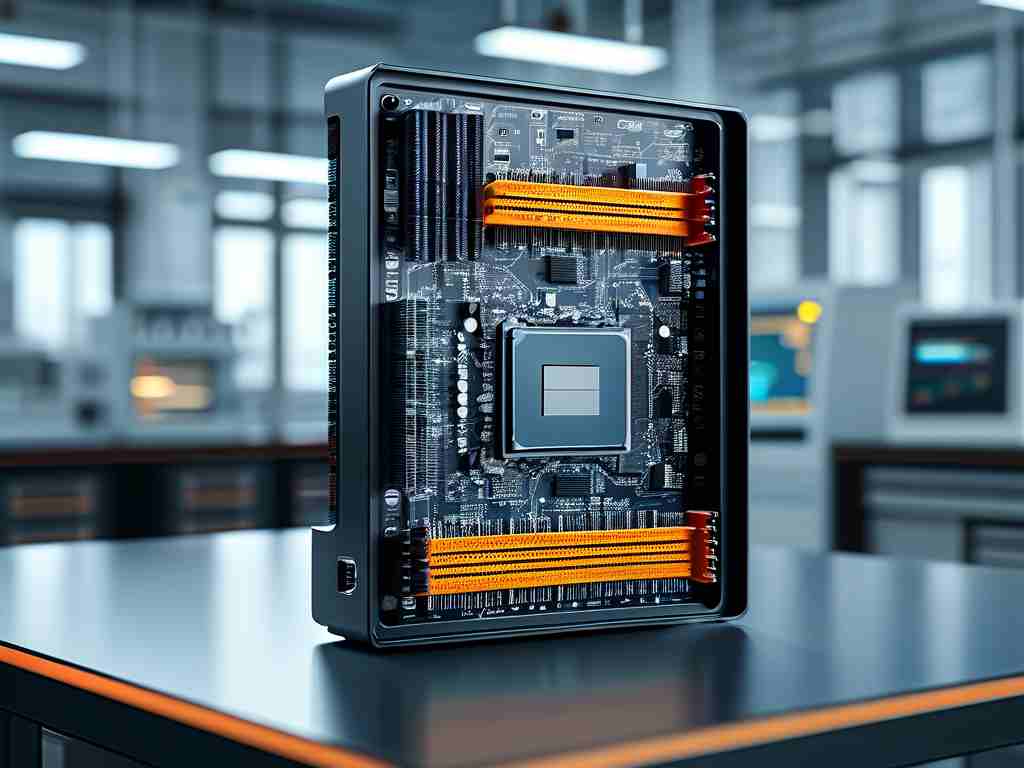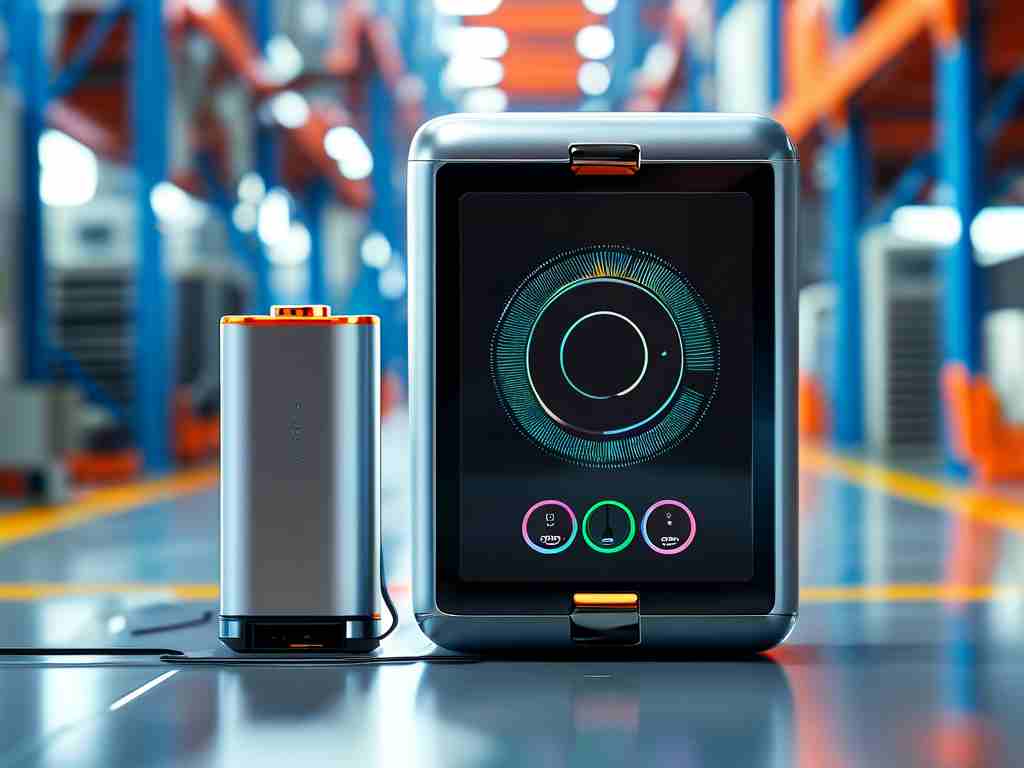Embedded development involves creating software for hardware devices like microcontrollers or IoT gadgets where resources are limited and reliability is critical. One key challenge developers face is debugging and monitoring systems in real-time without disrupting operations. This is where specialized log generation software comes into play offering automated tools to capture record and analyze system events efficiently. Such software transforms chaotic debugging into a structured process saving time and reducing errors during development cycles.

For instance in automotive embedded systems engineers rely on logs to track sensor data and detect anomalies. Without robust logging a minor glitch could lead to catastrophic failures. Log generation software automates this by providing features like timestamping severity levels and customizable output formats. Tools such as Syslog for Linux based devices or Log4c for C applications allow seamless integration. These solutions handle low memory constraints typical in embedded environments ensuring logs don't overwhelm the system while providing actionable insights.
Consider a simple code snippet for implementing basic logging in an embedded C project using a custom library. This example shows how to initialize a logger and capture debug messages:
#include "logger.h"
void main() {
log_init(LOG_LEVEL_DEBUG); // Initialize logger with debug level
log_message(LOG_INFO, "System startup complete");
if (sensor_read() == ERROR) {
log_message(LOG_ERROR, "Sensor failure detected");
}
}
This code demonstrates lightweight logging where messages are stored in a buffer or sent over UART for analysis. The benefits extend beyond debugging as logs aid in compliance and audits for industries like medical devices where traceability is mandatory. Developers can filter logs by severity such as info warnings or critical errors to focus on urgent issues. Moreover modern tools support remote monitoring enabling real time log access via networks which is invaluable for field deployed devices.
However integrating such software requires careful planning. Memory optimization is essential since embedded systems often have just kilobytes of RAM. Developers must choose tools that minimize footprint perhaps using circular buffers to overwrite old logs preventing overflow. Additionally security aspects like encrypting log data protect sensitive information from unauthorized access. Open source options like Zephyr RTOS logging module offer flexibility while commercial solutions provide dedicated support for complex projects.
In practice a team working on a smart thermostat project might use log generation to track temperature fluctuations and user interactions. By analyzing logs they identify patterns like frequent reboots pointing to power issues. This proactive approach reduces downtime and enhances product reliability. Best practices include setting clear log retention policies and testing under stress conditions to ensure robustness. Ultimately adopting dedicated log software accelerates development cycles fosters collaboration among teams and delivers more stable embedded products to market faster reinforcing its indispensability in modern engineering workflows.









